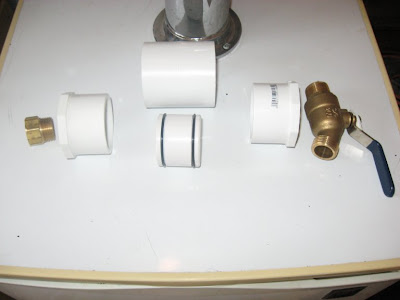Do you filter water, or just use tap water?
Back when I started homebrewing, I used a Pur filter. I've since moved and my kitchen sink won't accept any sort of filter. I've brewed a few batches with just Fairfax County, VA tap water, and not noticed any real difference.
I was wondering what the consensus is: Do you use tap water? Filter with a faucet-mounted filter? Filter with a pitcher type filter? Pre-boil water?
Sub-question: Take the water as you get it (whether filtered or tap), or add minerals and whatnot?
